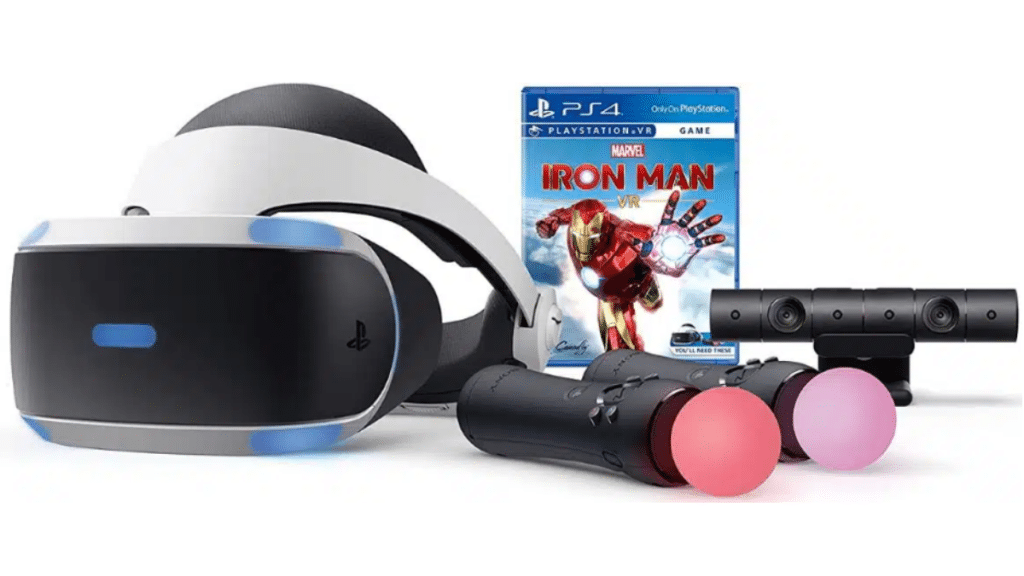Whether you’re a competitive esports enthusiast or simply someone who enjoys a good RPG, having the right gaming equipment can significantly elevate your gaming experience. This guide will delve into the four main aspects you should consider when planning to buy gaming equipment: performance, compatibility, durability, and budget.
Making Sense of Performance
Performance in the context of gaming equipment goes beyond mere speed. It’s a comprehensive term encompassing several factors that together determine the quality of your gaming experience. One of the core components of performance is processing power. This is usually determined by the CPU (Central Processing Unit) in a gaming PC or the equivalent in a gaming console. The processor’s speed and capacity directly impact how quickly and smoothly a game runs.
Another key performance indicator is the graphics capability of your equipment, dictated by the GPU (Graphics Processing Unit). A powerful GPU will render high-quality images quickly, providing a visually stunning and immersive gaming experience. This becomes particularly crucial for games with high-definition graphics or intricate detail.
Moreover, the amount of RAM (Random Access Memory) in your gaming equipment also affects performance. Sufficient RAM ensures smooth multitasking and quick data access, especially vital in fast-paced or multiplayer games where lag can significantly hinder gameplay.
Decoding performance specifications can be daunting, especially with the slew of technical jargon and numbers. However, understanding these specifications is critical for making an informed decision. Each game has its own set of recommended and minimum system requirements. By aligning these requirements with the specifications of the gaming equipment you intend to buy, you can ensure a smooth and enjoyable gaming experience.
Unlocking the Power of Compatibility
Compatibility in the realm of gaming equipment refers to the ability of different devices and components to function together seamlessly. This can be as straightforward as ensuring a gaming mouse can connect to your computer, or as complex as confirming that a specific game runs smoothly on your system.
In the world of PC gaming, compatibility is often dictated by the hardware-software dynamic. This involves the interaction between your system’s hardware (like your CPU, GPU, and motherboard) and the games or applications you run. Compatibility issues can result in games not running correctly, or in some cases, not running at all.
For console gamers, compatibility often relates to peripherals. This could involve checking whether a specific headset can connect to your console or if a particular controller is compatible with the console’s system.
Before investing in new gaming equipment, it’s critical to perform compatibility checks. Reading product descriptions and specifications, checking manufacturer’s websites, and seeking advice from online gaming communities can help avoid potential compatibility issues. Remember, the goal is a harmonious gaming ecosystem where all components work together seamlessly.
The Long Game: Durability
Durability is an essential characteristic of any piece of gaming equipment. Gaming gear, whether it’s a console, a gaming PC, a controller, or a headset, often sees heavy use, making durability a vital consideration.
Durability in gaming equipment is generally determined by a combination of factors including build quality, materials used, and design. High-quality materials and robust construction can withstand long gaming sessions and resist wear and tear, ensuring the longevity of the equipment.
However, assessing durability is not always straightforward, particularly when shopping online. Reviews and ratings from other users can provide insights into a product’s durability based on real-world usage. Additionally, the warranty period offered by the manufacturer can be a useful indicator of a product’s expected lifespan. A longer warranty often suggests that the manufacturer is confident about the durability of their product.
Remember, more durable gaming equipment may initially cost more, but it can save you money in the long run. The investment could prevent frequent replacements, providing you with a consistent and reliable gaming experience for years to come. So, when you’re in the market for new gaming equipment, don’t just play the short game; consider the long game of durability.
Budgeting for Quality
Your budget plays a significant role in determining the kind of gaming equipment you can afford. It serves as a guiding principle that helps you navigate the vast array of options available in the market. While higher-quality gear often comes with a steeper price tag, the investment can be worthwhile, especially when you consider the enhanced performance, advanced features, and increased durability that they offer. However, it’s crucial to strike a balance to avoid overspending and ensure that your gaming setup remains within your financial means.
When planning to buy gaming equipment, it’s essential to set a realistic budget that takes into account your gaming preferences and financial constraints. Assessing your gaming needs and priorities is vital in making informed decisions about which components or accessories are essential for you. Researching different brands and their offerings can help you compare prices and features, enabling you to make a well-informed decision.
Moreover, keeping an eye on market trends can also prove advantageous. Technology evolves rapidly in the gaming industry, and new product releases often come with enticing deals or discounts. By staying updated on the latest trends and releases, you can spot opportunities to save money while still acquiring high-quality gaming equipment.
It’s worth noting that your budget should not solely focus on the initial purchase cost. Factoring in long-term value and potential maintenance expenses is equally important. As mentioned previously, consider the overall durability and reliability of the equipment to ensure that your investment will stand the test of time.
Choosing the right gaming equipment involves a careful evaluation of performance, compatibility, durability, and budget. Each of these aspects plays a unique role in shaping your gaming experience, and understanding them can help you make an informed decision. So, take your time, do your research, and soon, you’ll be fully equipped for the ultimate gaming experience.

